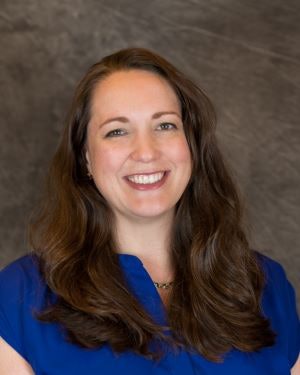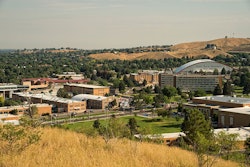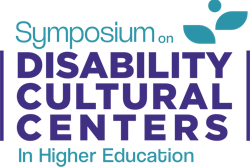Historically, there have been “culturally low expectations” for individuals with intellectual disabilities, according to Dr. Kelly Nye-Lengerman, director of the Institute on Disability at the University of New Hampshire (UNH).
 Dr. Kelly Nye-Lengerman
Dr. Kelly Nye-Lengerman“We did not expect them to go to college,” she added. “We did not offer the college experience to them. We have not necessarily, as a society, held the belief that they can and have the right to have good jobs and to be a part of the community and the economy.”
With a $2.5 million grant from the United States Department of Education-Office of Postsecondary, UNH is breaking down those educational barriers for young adults with intellectual disabilities.
In 2018, 13.9% of New Hampshire residents aged 25 and older with a disability held a four-year college degree, compared to 24.3% of residents without a disability. Additionally, young adults with intellectual disabilities are more likely to be unemployed and live in poverty, according to the 2019 Disability Statistics Compendium.
The “Granite State Transition Programs for Students with Intellectual Disabilities” (TPSID) project will establish a consortium of colleges and universities, non-profit organizations and state agencies to build an “inclusive higher education model.”
This will create an opportunity for students with intellectual disabilities to fully participate in college classes on campus.
“We don’t want UNH to be the only model,” said Dr. Tobey Partch-Davies, principal investigator for the Granite State TPSID project. “We want to build capacity in the state for other higher ed institutions to accept more students with intellectual disabilities.”
Under the grant, 50 students with intellectual disabilities will be enrolled at UNH and integrated into campus life over the next five years. To assist with the transition, they will receive peer mentoring and academic coaching. Outside of academia, career skills will also be built through on-campus employment as well as paid and unpaid internships.
 Dr. Tobey Partch-Davies
Dr. Tobey Partch-Davies“We are super excited,” said Partch-Davies. “This is an opportunity for students to have access to higher ed.”
The Granite State TPSID project, which is the first in New Hampshire, will use the universal design for learning — meaning, revising the curriculum and courses to be accessible for everyone to create a more inclusive environment.
Prior to entering UNH, students will participate in the Remote Learning Bridge course to receive training on technology fluency such as using the academic platform Canvas and to prepare them for other aspects of college life.
“[We’re] building the self-awareness of the student before they come to campus so they know what they want to do when they get here,” said Partch-Davies. “What kind of student organization do they want to access? What kind of academic and occupational direction do they want to pursue? So they know what kind of supports they are going to need to be successful here.”
However, due to COVID-19, plans have shifted slightly. The current focus is preparing students to take courses remotely, if need be next semester.
“We never imagined offering remote classes because the whole focus of this model is to be included in regular campus life,” said Partch-Davies.
The project will also work with faculty, staff and other students on campus to increase understanding of students with intellectual disabilities.
“Everybody benefits when people with disabilities are included,” said Nye-Lengerman. “Making college and post-secondary education accessible for students with intellectual disabilities is really critical in ensuring equality for all people with disabilities in our communities. And so, inclusive education at all levels, whether it’s in preschool, school age, high school or post-secondary, really means that all people have value.”
Sarah Wood can be reached at [email protected]















